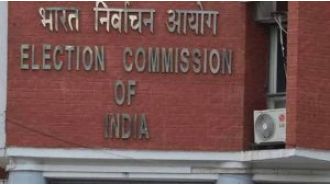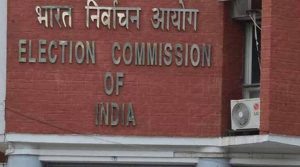Economists say Modi's re-election makes reforming difficult due to new circumstances.
Economists say Modi's re-election amidst changing circumstances could make implementing crucial reforms difficult. NDA projected to win 295 seats.

According to economists, the recent general elections in India have resulted in a surprise outcome. While the incumbent National Democratic Alliance is set to win around 295 seats, Prime Minister Narendra Modi's party, the BJP, has fallen short of the required majority of 272 seats. This has led to speculations about the future direction of economic policies under Modi's leadership.
Amidst this uncertainty, experts believe that Modi will likely be re-elected for a third term as Prime Minister. However, they also acknowledge that he will have to face new challenges due to the changed circumstances. In a note released by Emkay, a domestic brokerage firm, it was stated that the government's overall economic policies are not expected to undergo any major changes.
Similarly, analysts at Swiss brokerage UBS are of the opinion that the government will continue to focus on supply-side reforms, such as encouraging manufacturing, simplifying regulatory processes, and promoting skill development and job creation. However, they also caution that implementing tougher reforms, such as land reforms and infrastructure spending, may prove to be difficult.
Emkay also highlights the impact of the election results on market reforms. It states that issues related to land, agriculture, and labor are now "off the table". This could also hinder the government's plans for privatization and asset monetization, which may lead to a slowdown in government spending.
On a positive note, private sector lender RBL Bank's Achala Jethmalani believes that a narrow margin victory for the BJP could result in faster implementation of much-needed reforms, which will further boost India's growth story. However, the BJP will have to rely on its regional allies, such as the Telugu Desam Party and Janata Dal, and make necessary policy adjustments.
In conclusion, while the re-election of Prime Minister Modi is seen as a positive outcome, the new government will have to navigate through various challenges and make necessary adjustments to continue the country's growth trajectory. The next few years will be crucial in determining the overall sentiment of investors and the direction of India's economy.
2 Views










